Small Apartment Block Plan
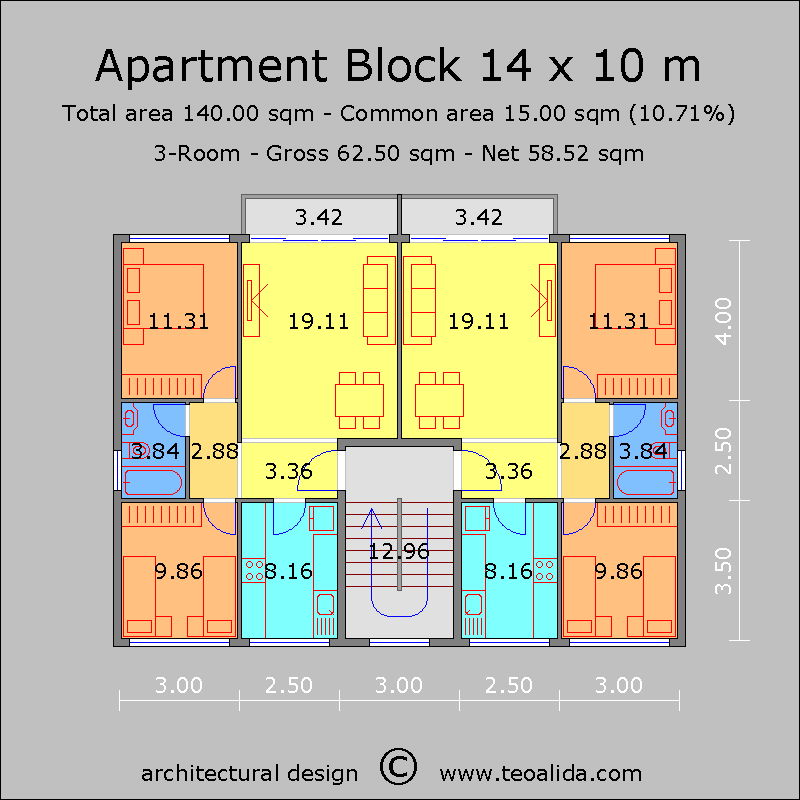
Introduction

In urban areas, where land is scarce and expensive, small apartment blocks are becoming increasingly popular. These buildings offer a compact and affordable living option for individuals, couples, and small families. This article will provide a comprehensive guide to planning a small apartment block, covering aspects such as design, layout, amenities, and construction considerations.
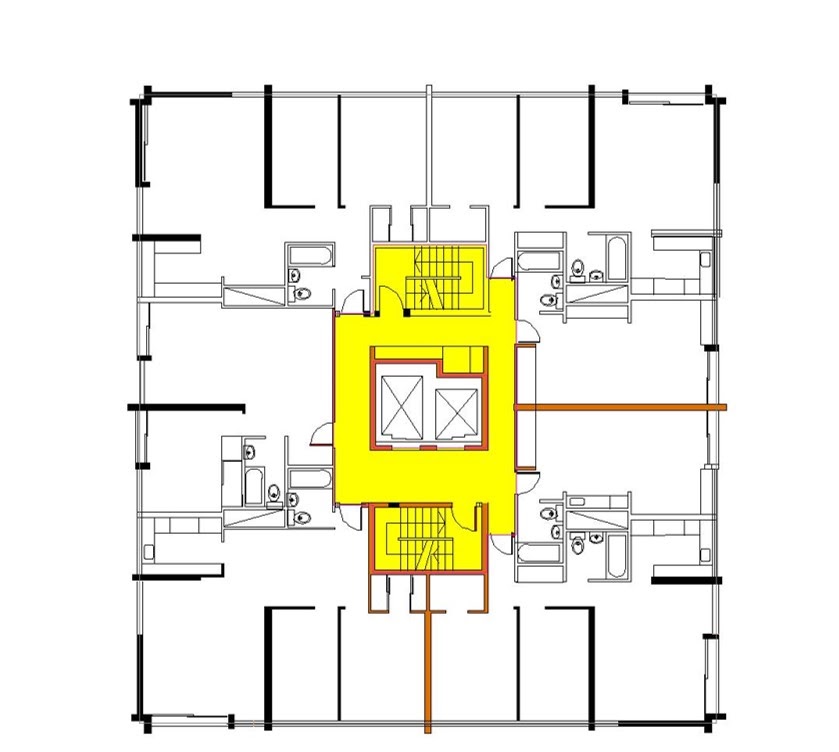
Design Considerations
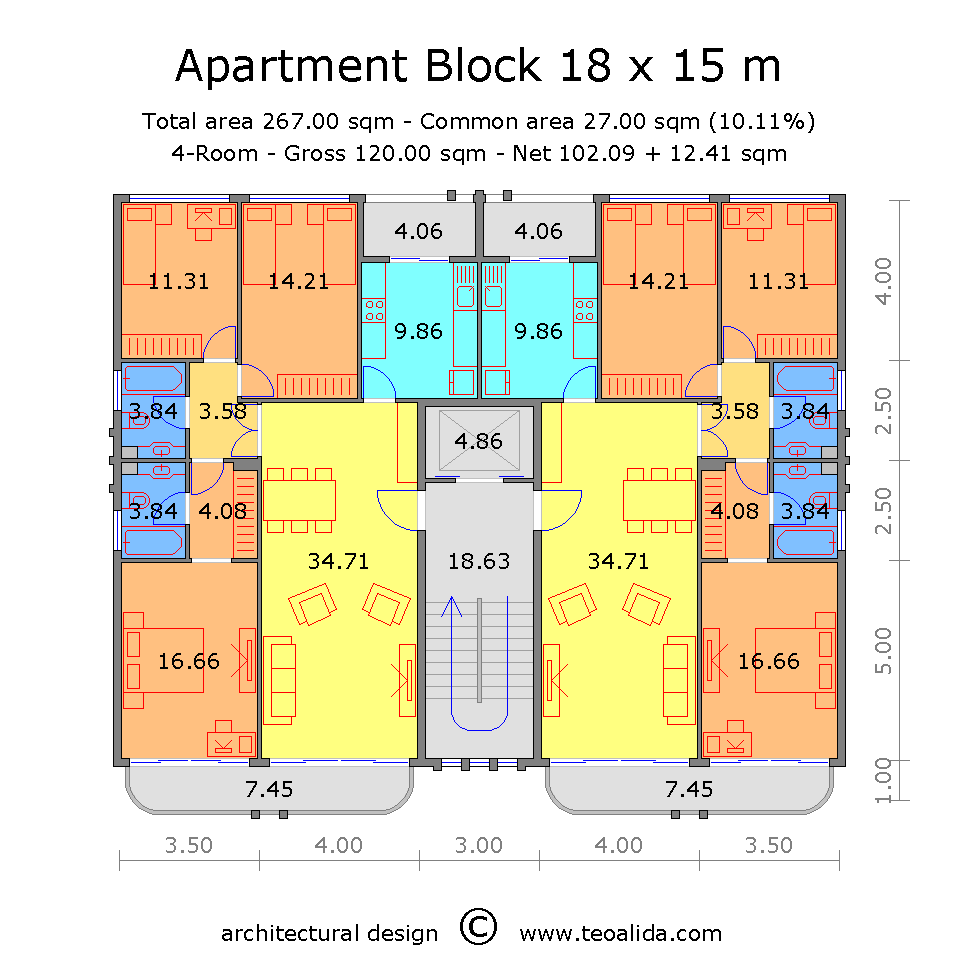
- Compactness: Small apartment blocks should be designed to maximize space utilization. This can be achieved through efficient floor plans, built-in storage solutions, and multi-purpose spaces.
- Natural Light: Ensure that all apartments have access to ample natural light. This can be achieved through large windows, balconies, and skylights.
- Privacy: Design the building to provide privacy for residents. This can be done through staggered balconies, soundproofing, and separate entrances.
- Aesthetics: Consider the architectural style and aesthetics of the building. It should complement the surrounding environment and enhance the neighborhood.


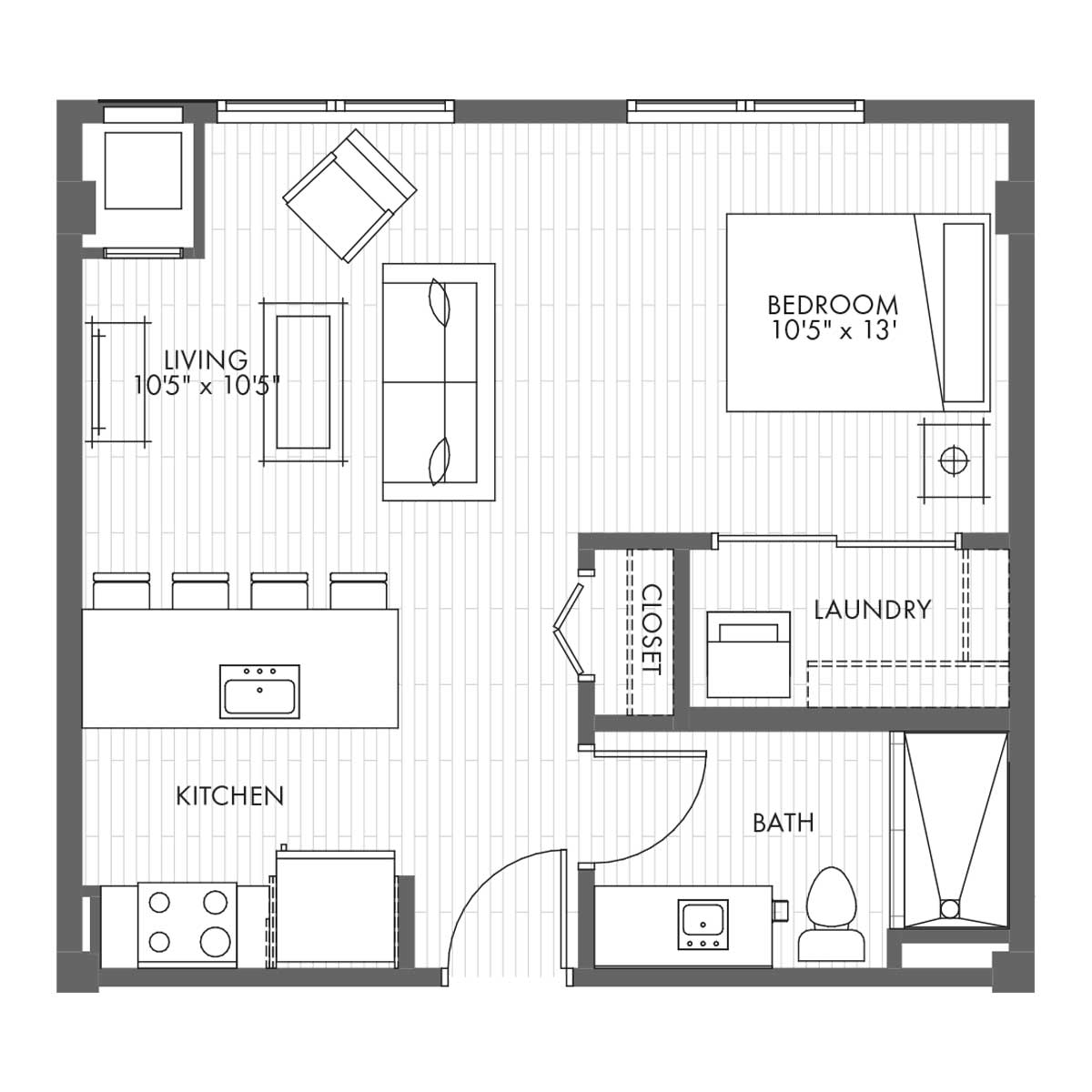

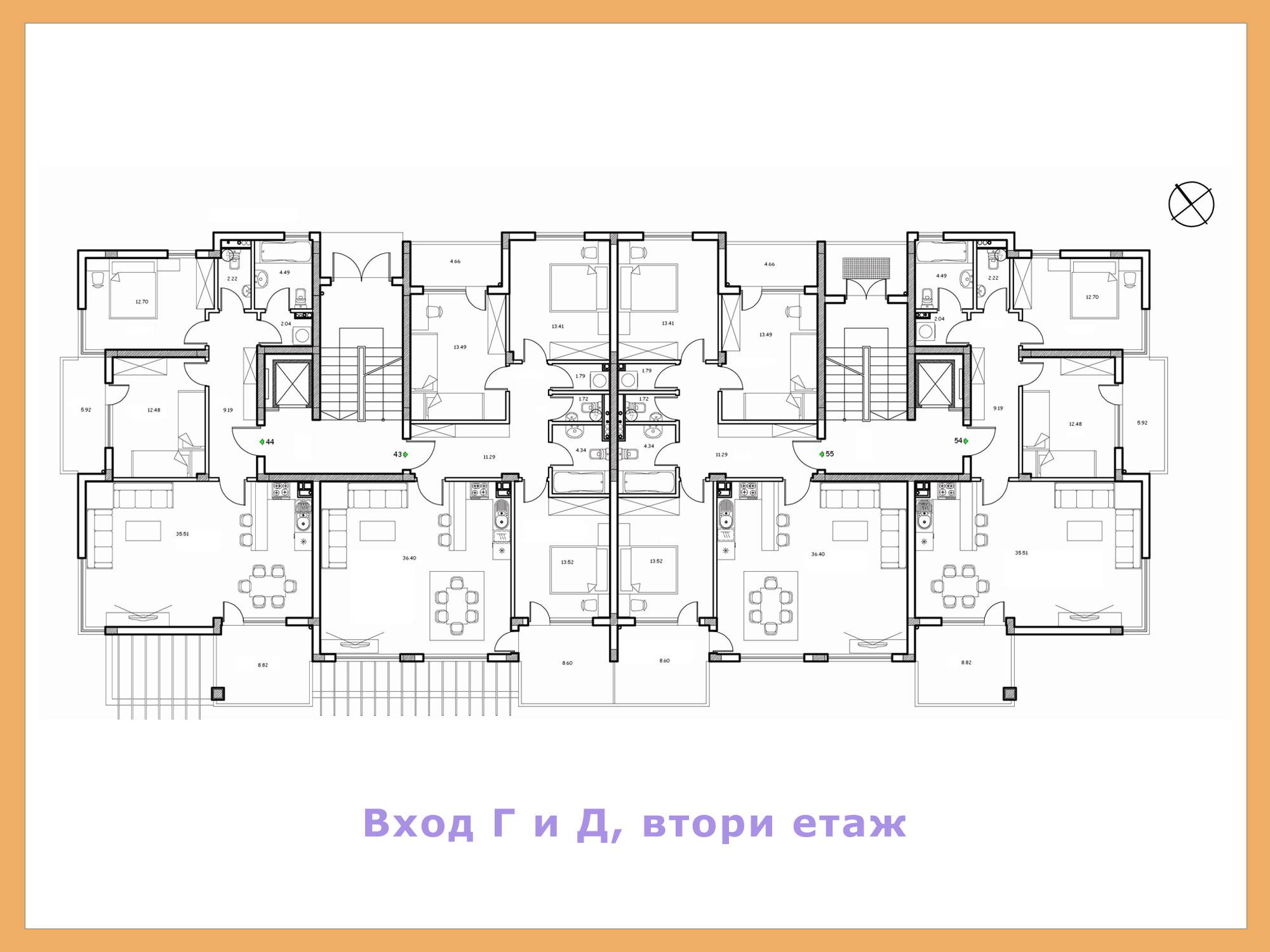

Layout

- Floor Plans: Plan the floor plans to maximize space and functionality. Consider open-plan living areas, combined kitchen and dining spaces, and built-in storage.
- Number of Apartments: Determine the optimal number of apartments based on the size of the building and the target market.
- Unit Sizes: Offer a range of unit sizes to cater to different needs and budgets. Consider studio apartments, one-bedroom units, and two-bedroom apartments.
- Common Areas: Include common areas such as a lobby, laundry room, and possibly a small outdoor space.
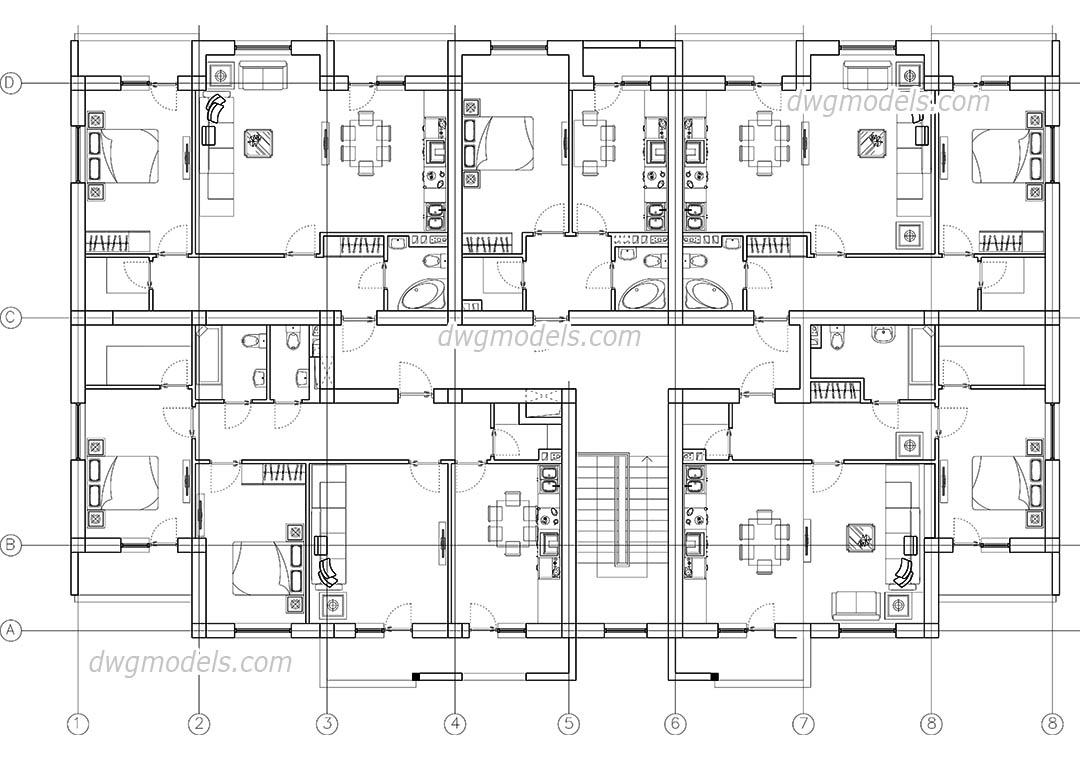
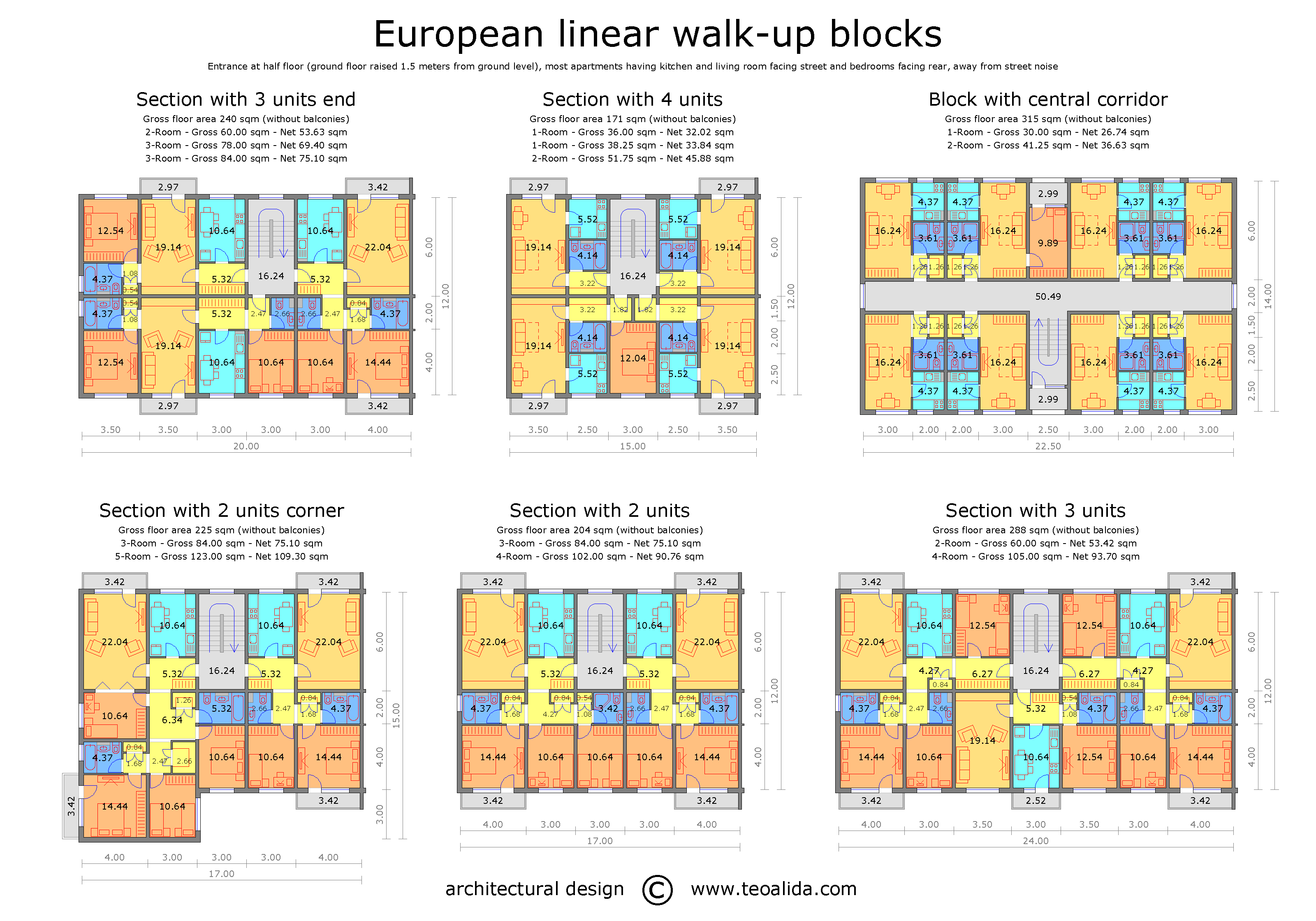


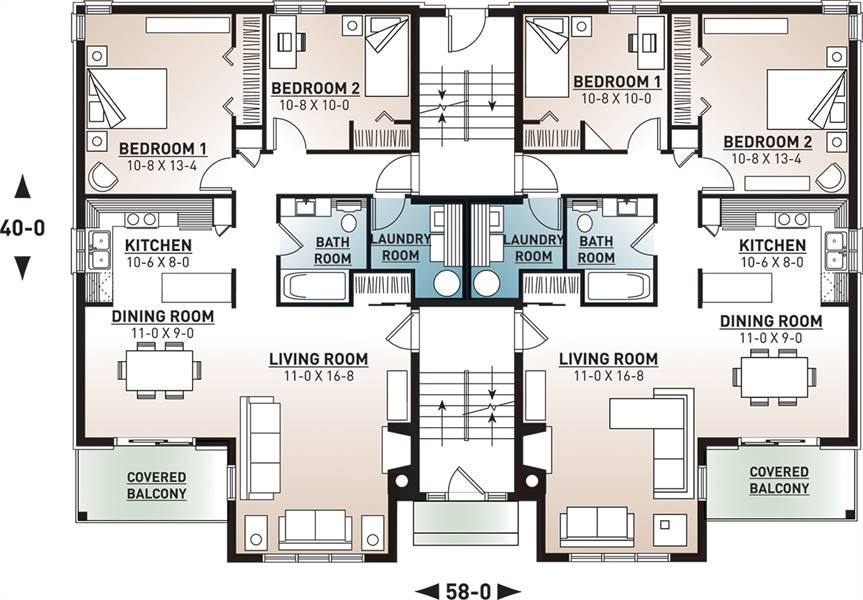
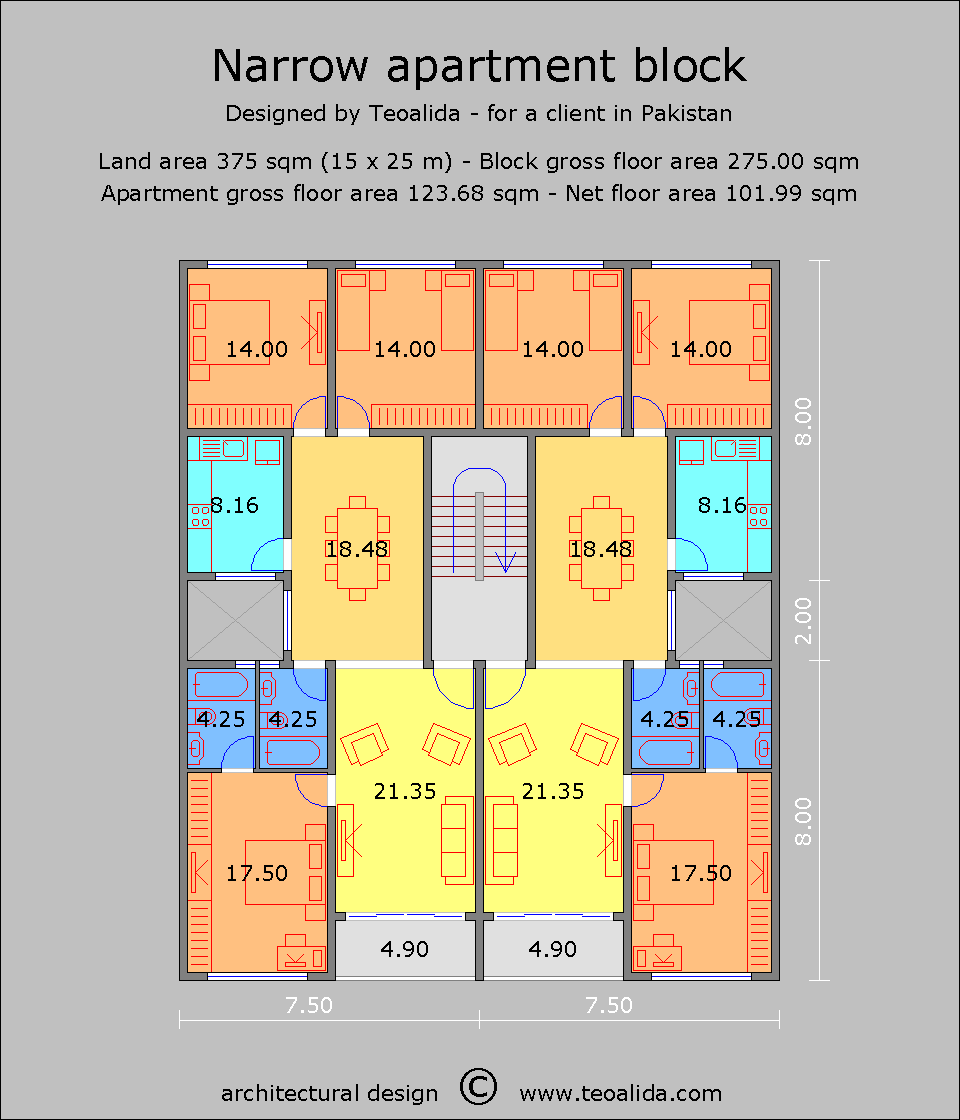
Amenities

- Parking: Provide adequate parking spaces for residents and visitors. Consider underground parking or stacked parking systems to save space.
- Storage: Offer storage units or lockers for residents to store bulky items or seasonal belongings.
- Security: Implement security measures such as controlled access, CCTV cameras, and intercom systems.
- Energy Efficiency: Design the building to be energy-efficient through measures such as insulation, double-glazed windows, and energy-saving appliances.
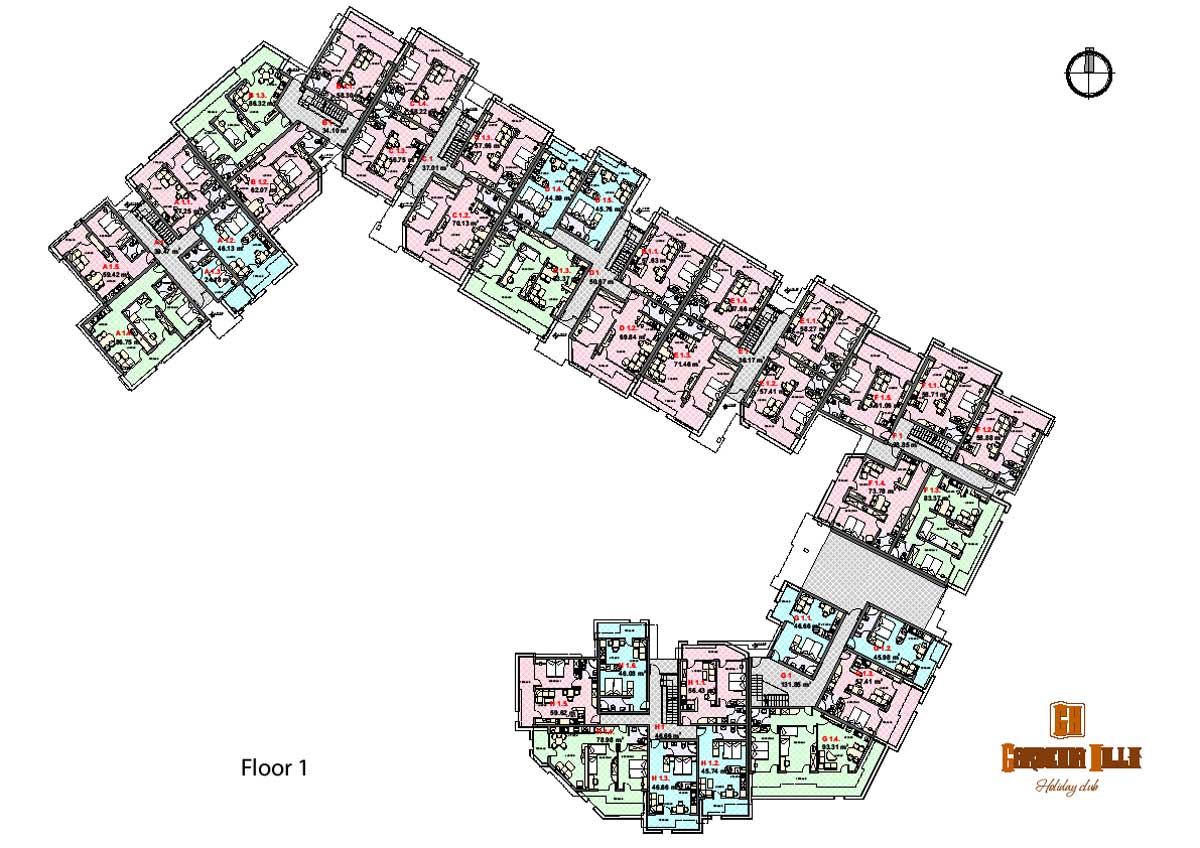



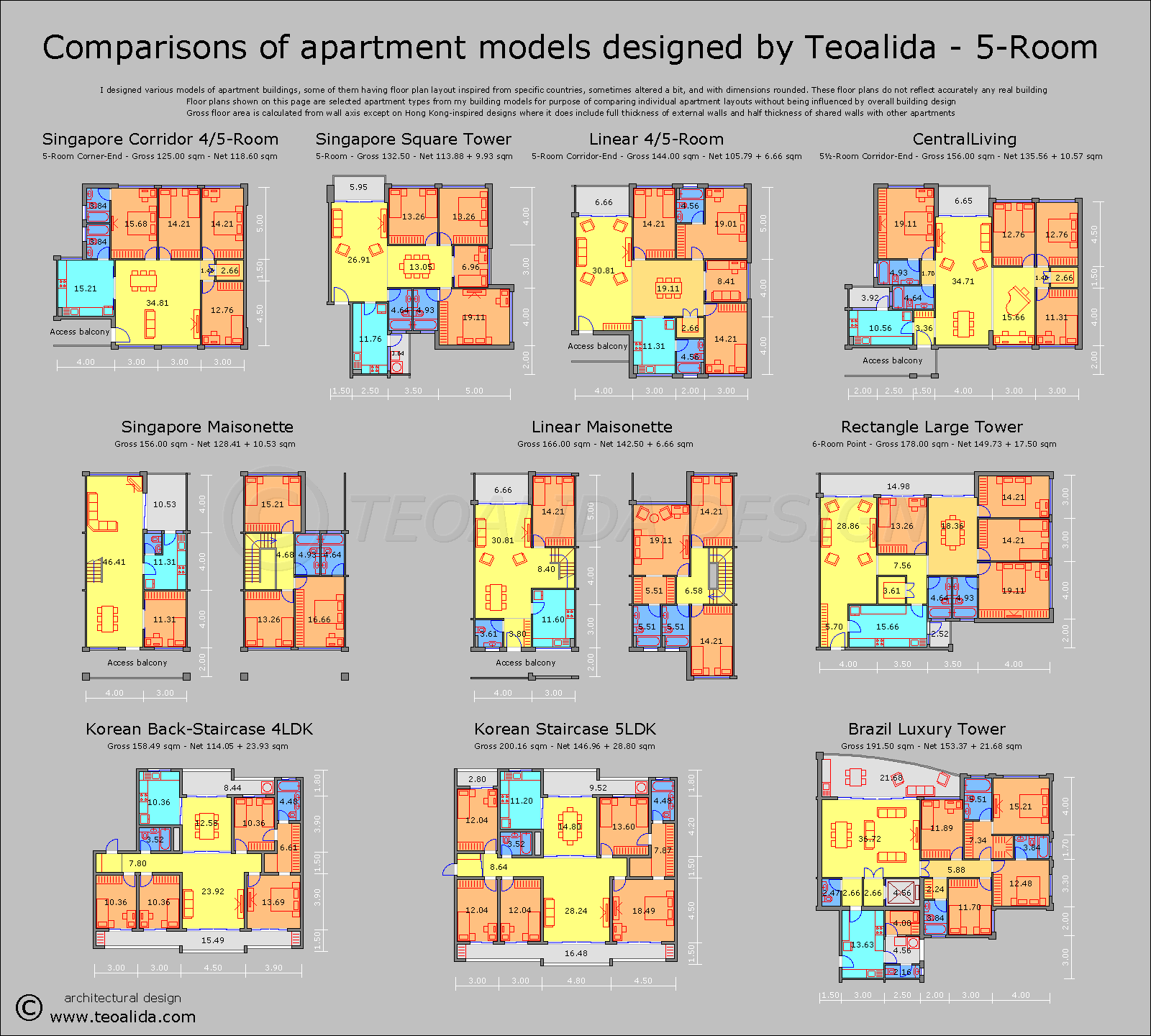

Construction Considerations
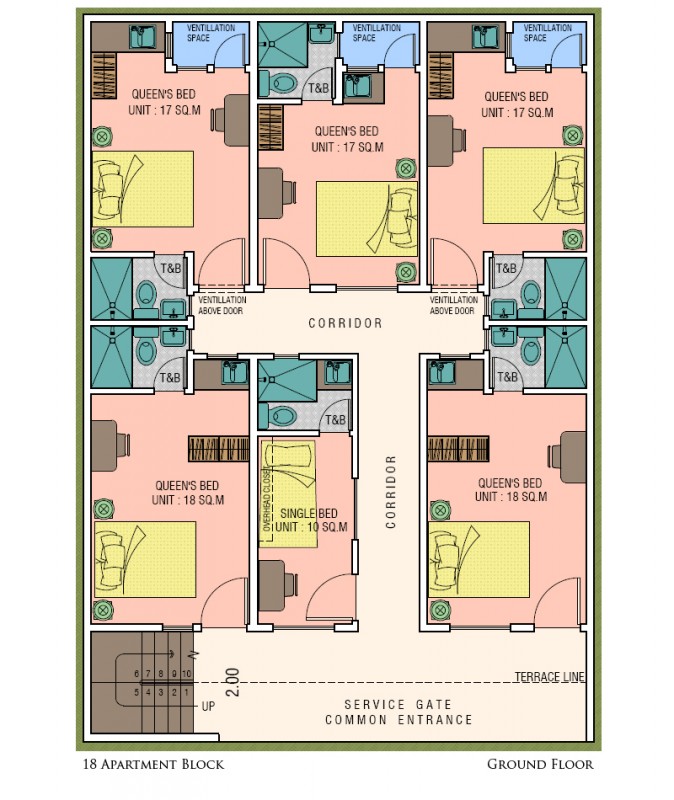
- Materials: Choose durable and cost-effective materials for the building’s construction. Consider concrete, steel, or a combination of both.
- Building Codes: Ensure that the building meets all applicable building codes and regulations.
- Sustainability: Incorporate sustainable practices into the construction process, such as using recycled materials and installing energy-efficient systems.
- Cost Control: Manage the construction budget carefully to ensure the project remains within financial constraints.


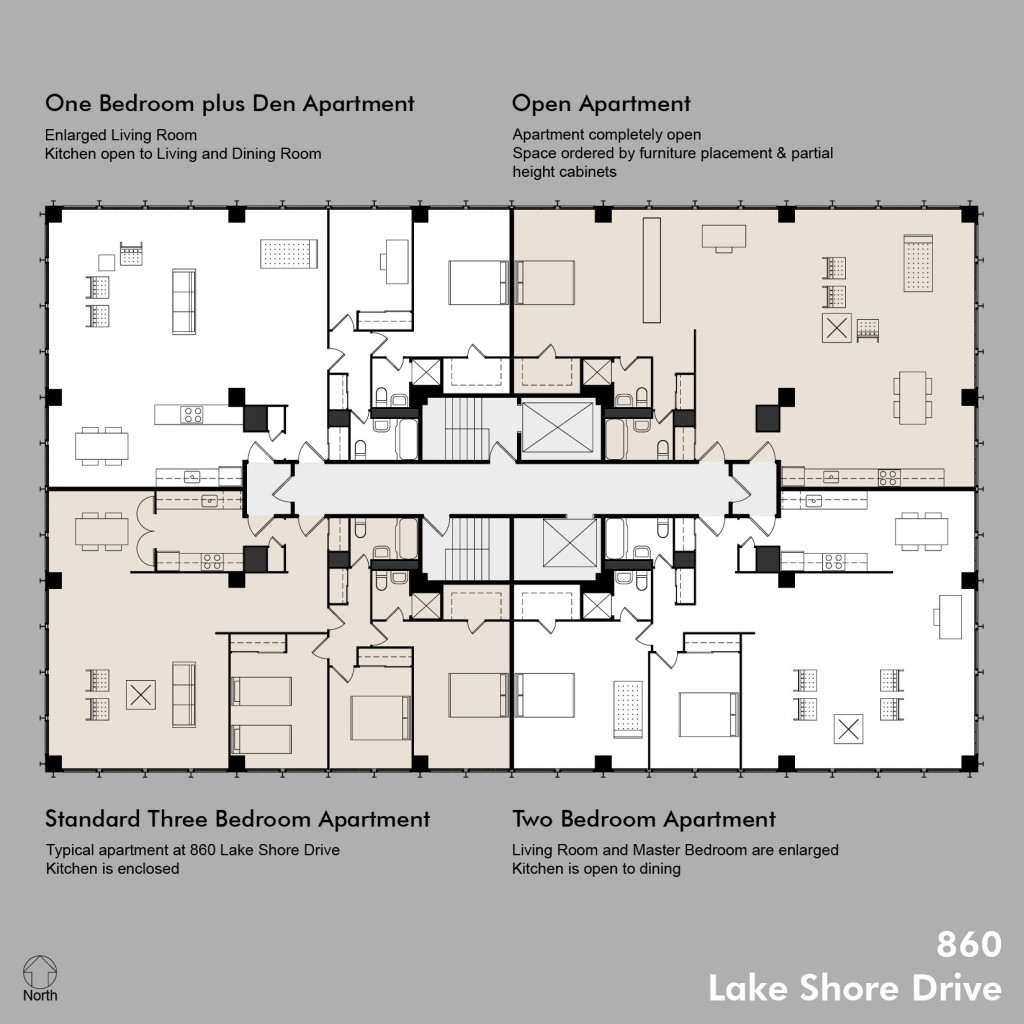

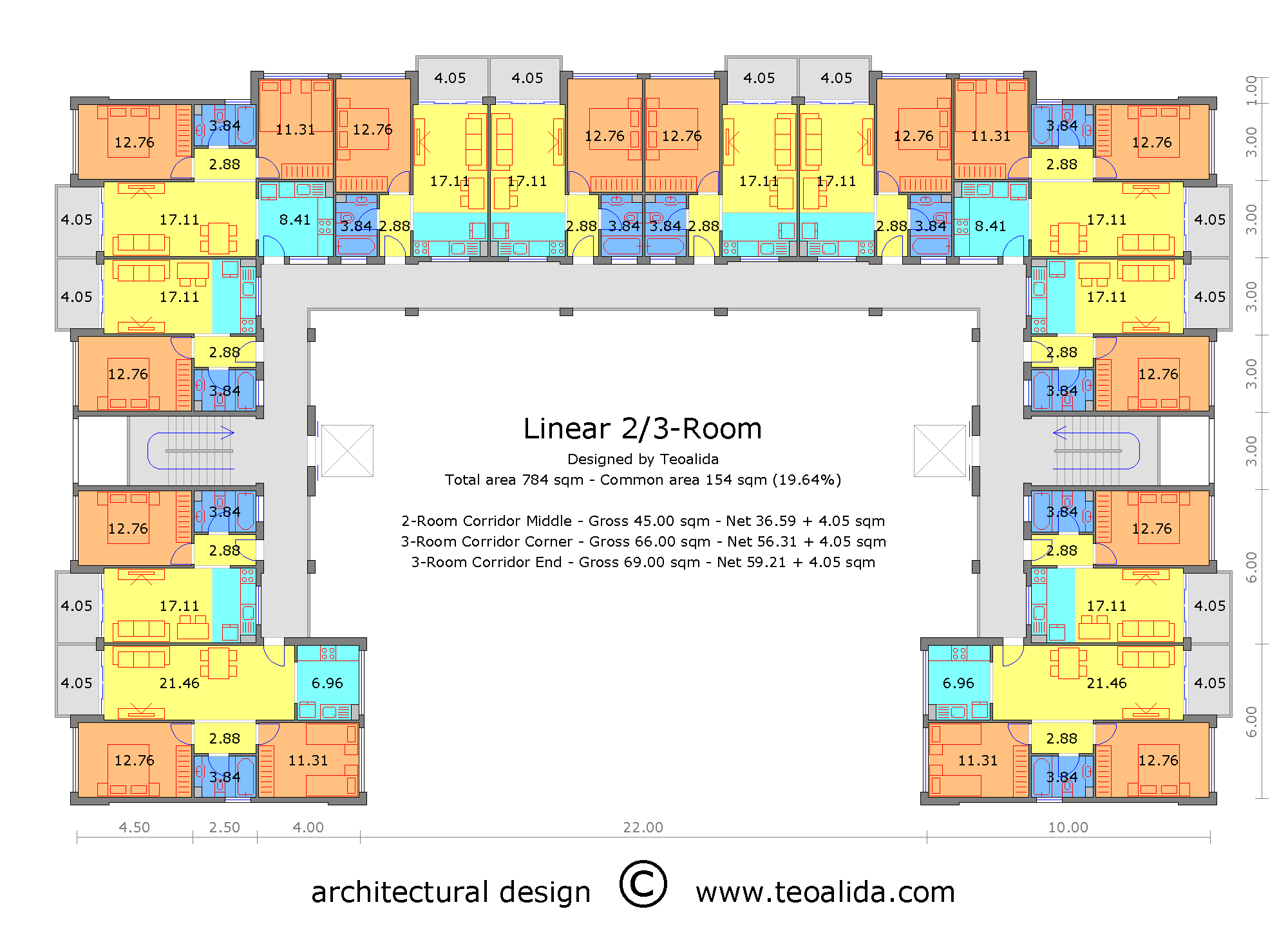
Conclusion
Planning a small apartment block requires careful consideration of design, layout, amenities, and construction factors. By following the guidelines outlined in this article, developers can create compact, affordable, and sustainable living spaces that meet the needs of urban residents. These buildings can contribute to the revitalization of neighborhoods and provide a comfortable and convenient living experience for their occupants.



